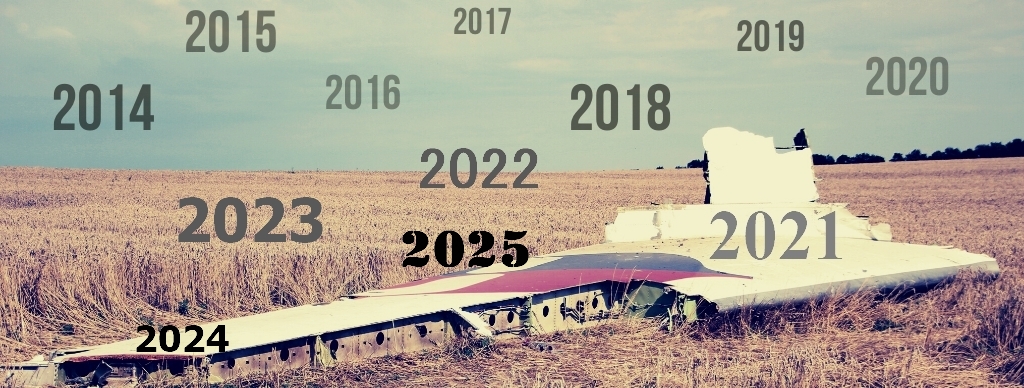В группе защиты — два голландских адвоката Будевейна ван Эйка и Сабин тен Дошшат из адвокатской коллегии Sjöcrona Van Stigt Advocaten города Роттердам и Елена Кутьина из московской коллегии адвокатов «Ковлер и партнеры».
Sjöcrona Van Stigt Advocaten - https://www.svs.law/en/
«Ковлер и партнеры» - http://kovler.ru/

